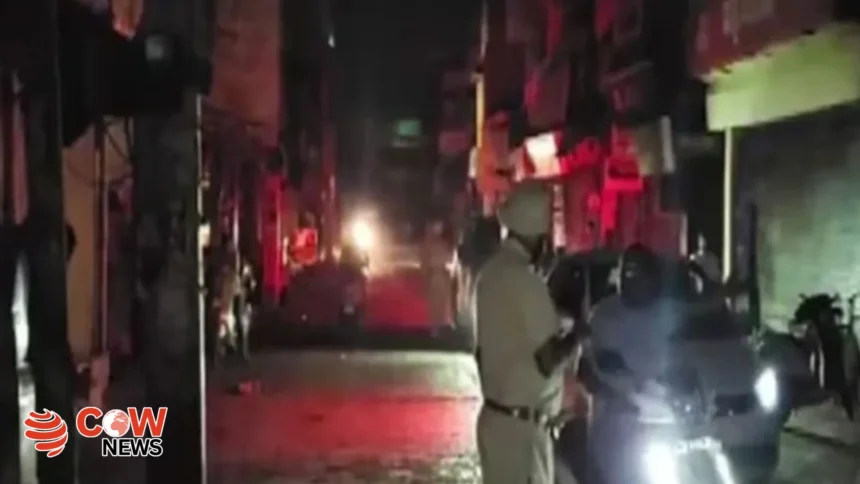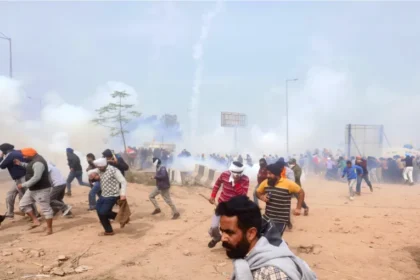Despite an active ceasefire between India and Pakistan, a wave of anxiety appears to be sweeping across Indian border regions, particularly in Punjab. Local civil administrations and military authorities have instructed residents in several districts to switch off lights during nighttime, citing “security concerns.”
According to military sources, the Indian government is deliberately attempting to create an impression among the residents of Indian Punjab — especially the Sikh community — that Pakistan may launch a surprise attack. These sources claim that New Delhi is crafting a narrative of external threat to manipulate domestic sentiment and distract from internal issues.
The controversy deepens with allegations that, even during past periods of conflict, Pakistan has avoided targeting civilian populations in Indian cities like Amritsar. Instead, sources allege that missile and drone strikes within sacred Sikh sites — including Amritsar — were orchestrated internally by Indian agencies and falsely attributed to Pakistan. The purported aim: to incite the Sikh population against Islamabad.
Meanwhile, fear-mongering appears to be escalating through official channels. Authorities in multiple districts across Indian Punjab have issued specific instructions to residents.
In Bathinda, the administration has directed citizens to keep all outdoor and household lights turned off after sunset. Schools, however, will remain open unless new directives are issued.
In Moga, officials have requested residents to voluntarily switch off lights at night and remain indoors. The language of the advisory leans more toward recommendation than enforcement, but the intent to instill caution is clear.
Barnala district has issued the strictest order so far — mandating a blackout from 8 PM and urging residents to stay inside as a precautionary measure. The administration has also appealed for public calm and cooperation.
In a more drastic move, the Amritsar district administration has ordered a complete shutdown of all educational institutions — public, private, and aid-based — on May 12, 2025. Teachers have been instructed to conduct online classes from home, and no faculty or staff will be permitted on campus.
These unusual precautions, issued during peacetime, have raised eyebrows among defense analysts. They argue that the Indian government is using these tactics to maintain a climate of fear among border populations and to lend weight to a political narrative of threat from Pakistan — despite the ceasefire still holding between the two nuclear-armed neighbors.
Is this a genuine concern of cross-border aggression, or a well-timed strategy to rally nationalist sentiment ahead of upcoming political developments? The debate continues.







